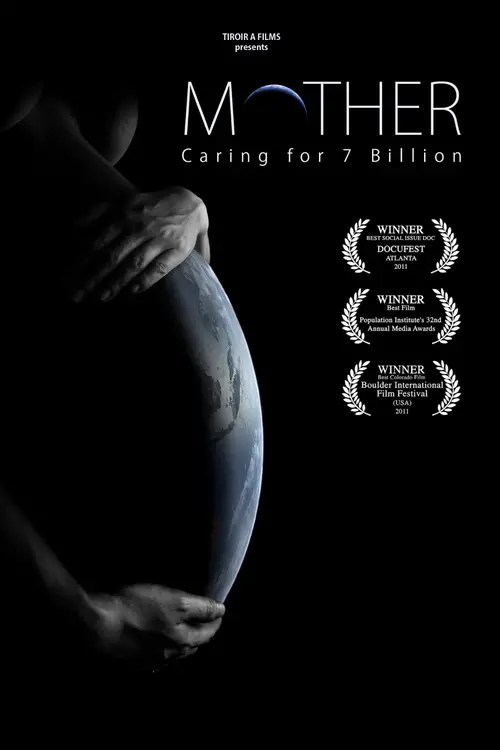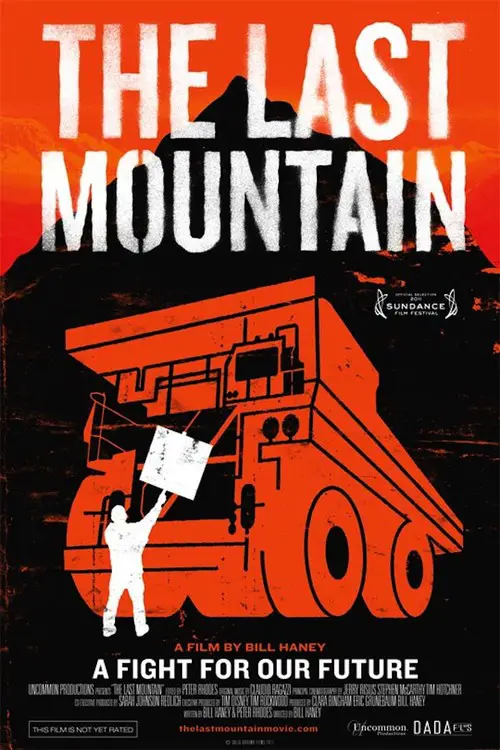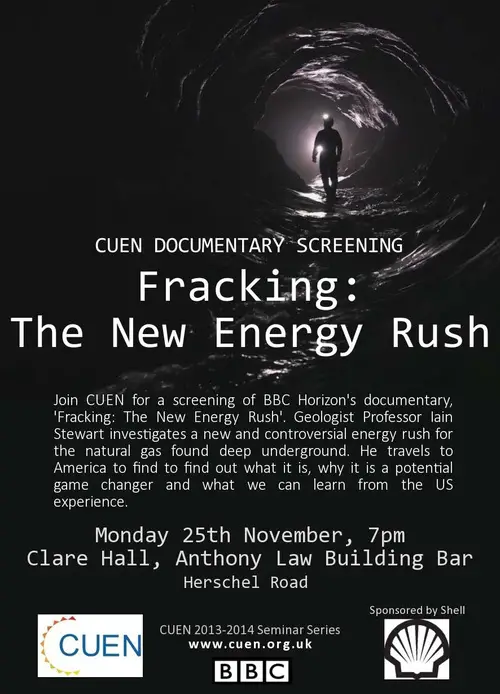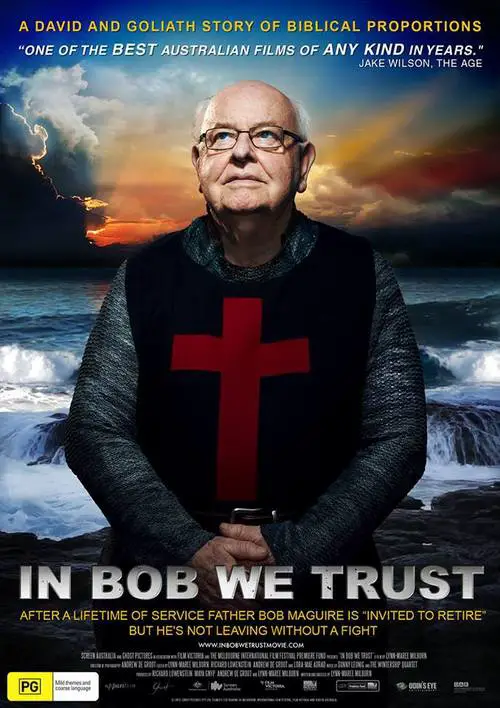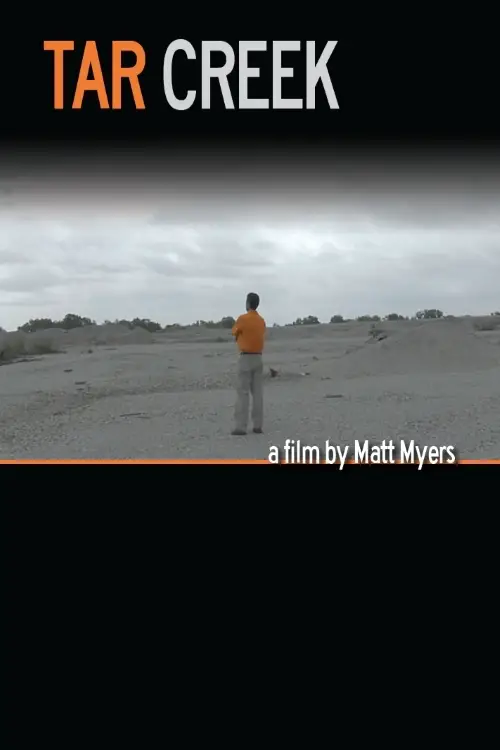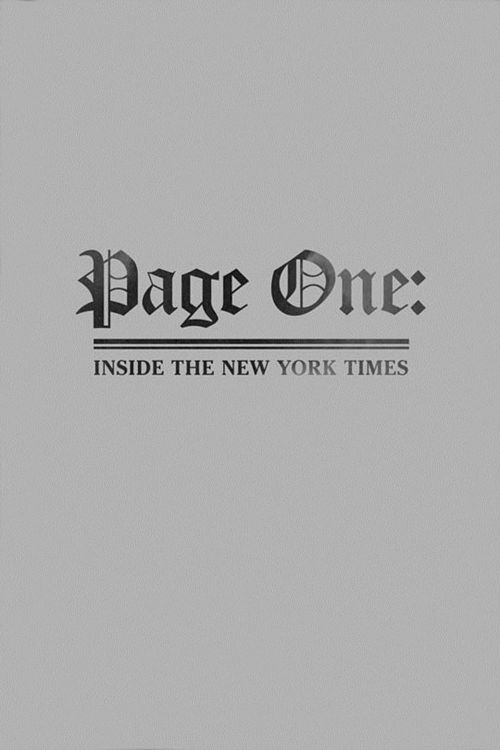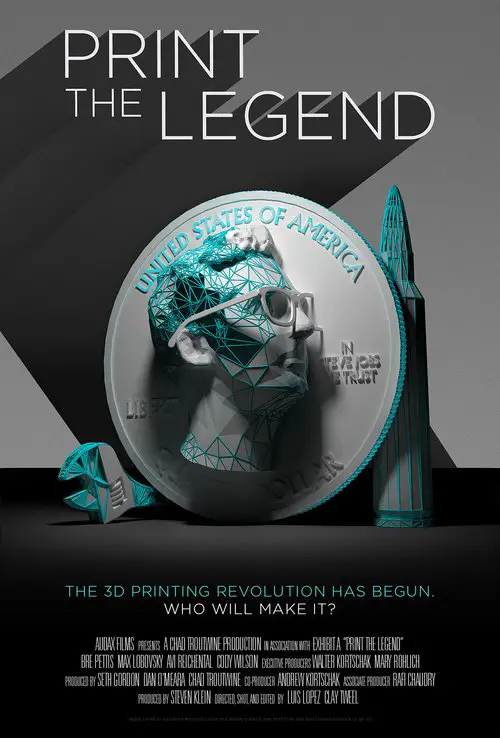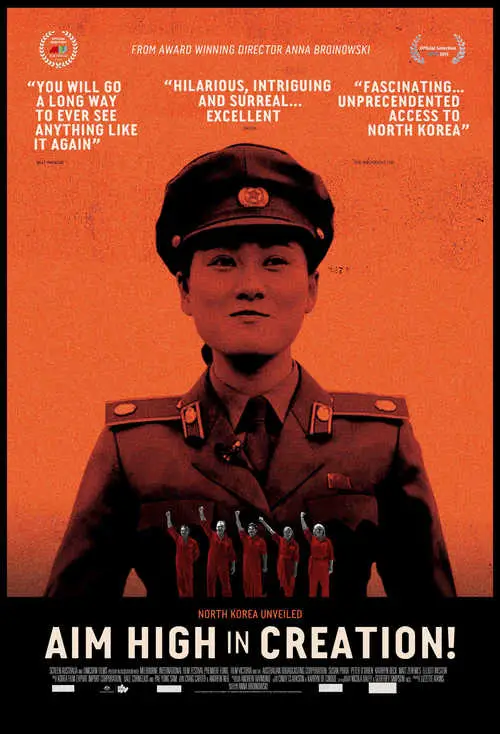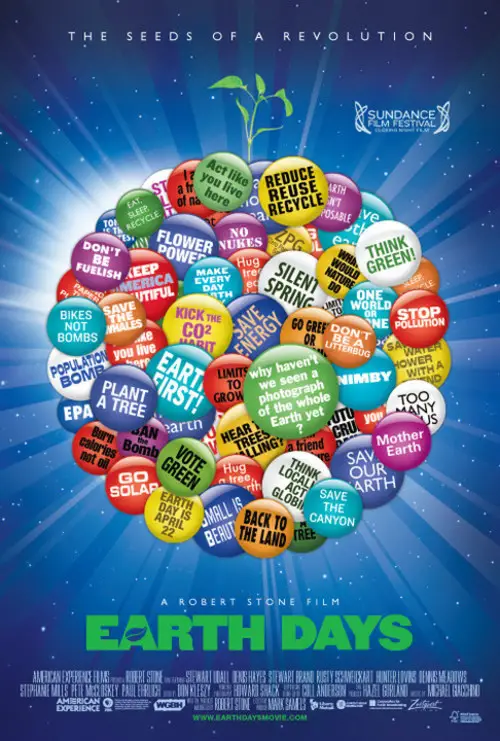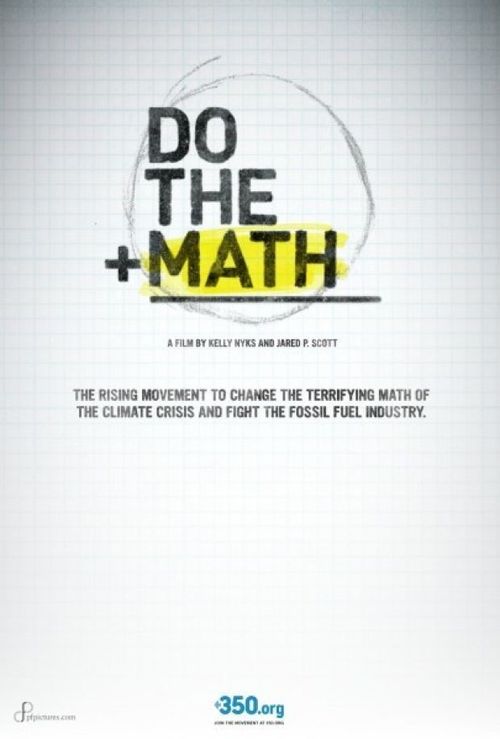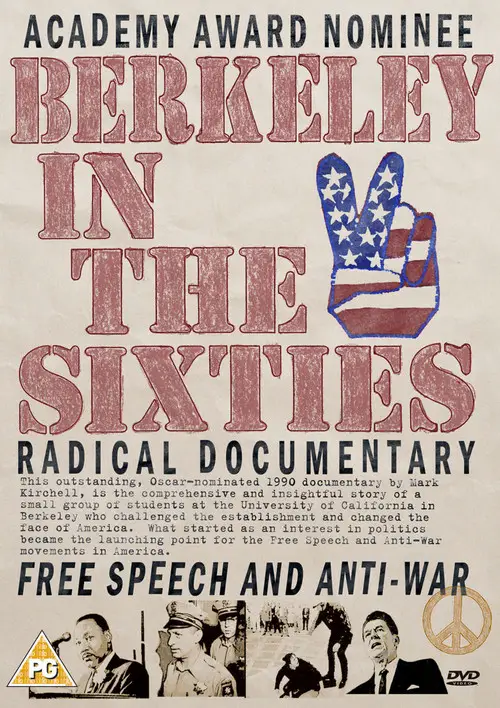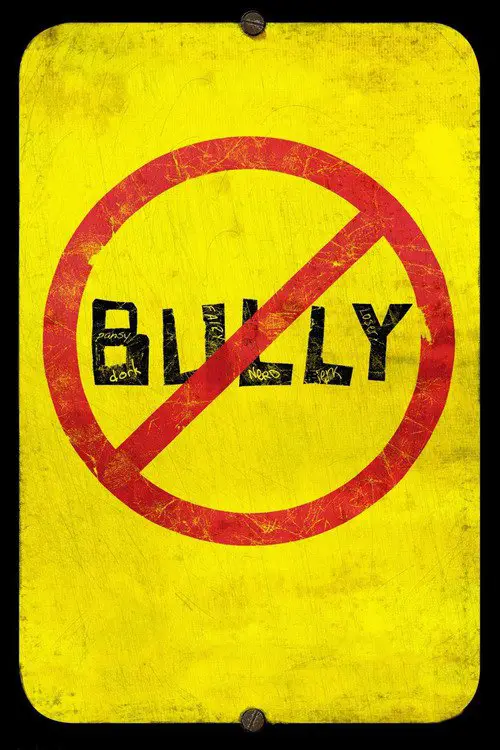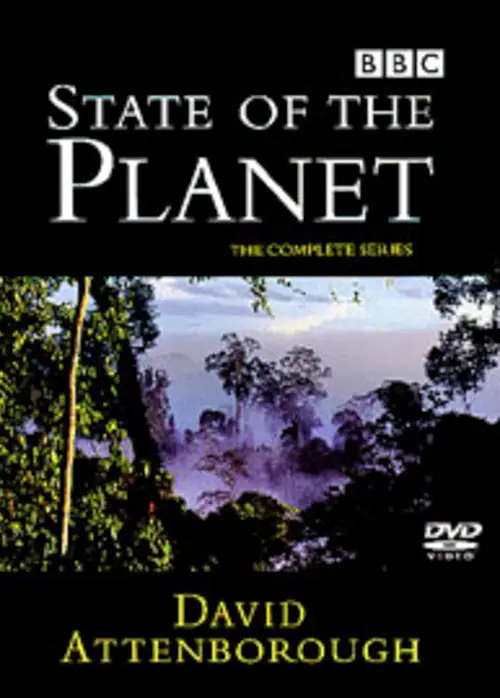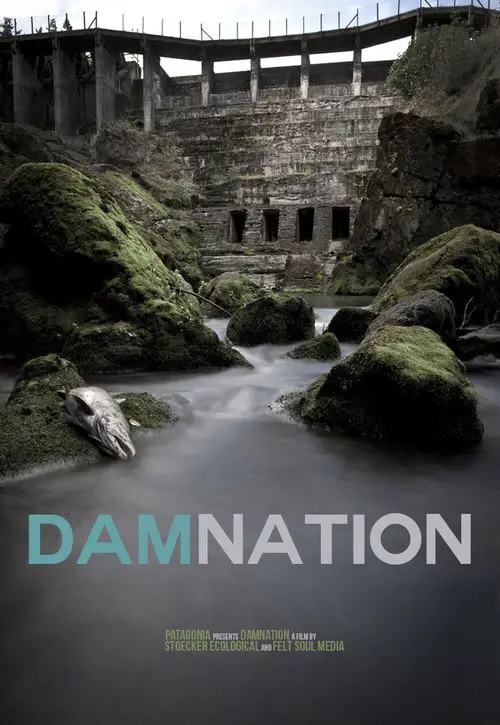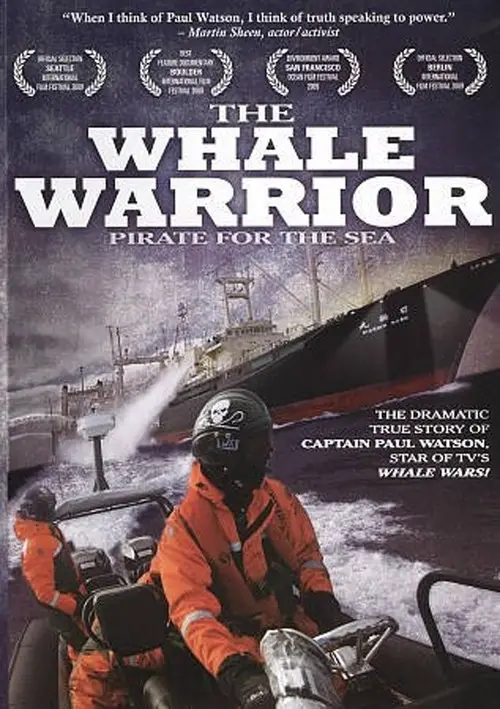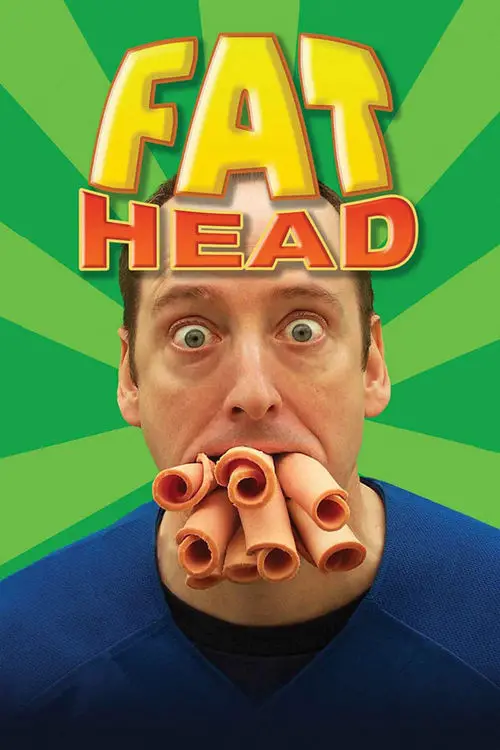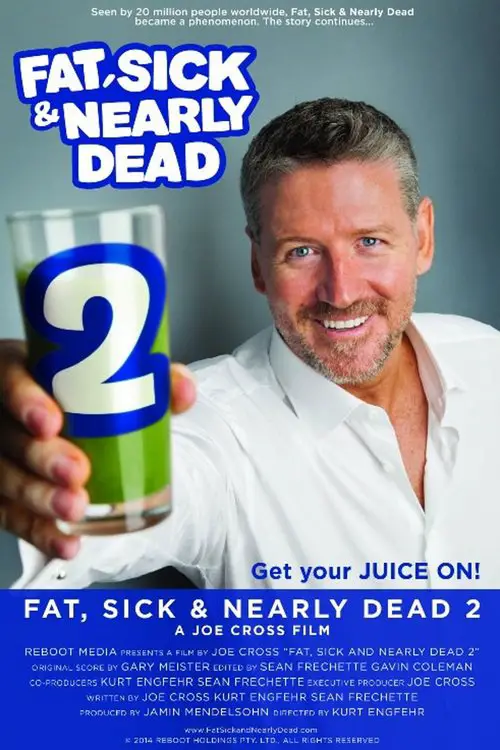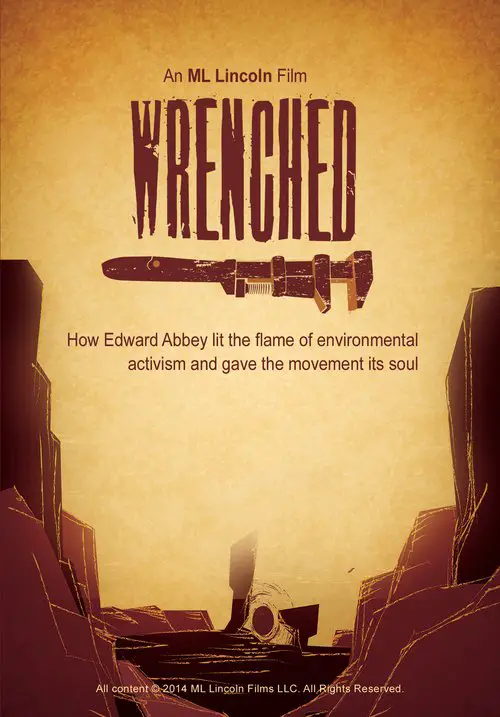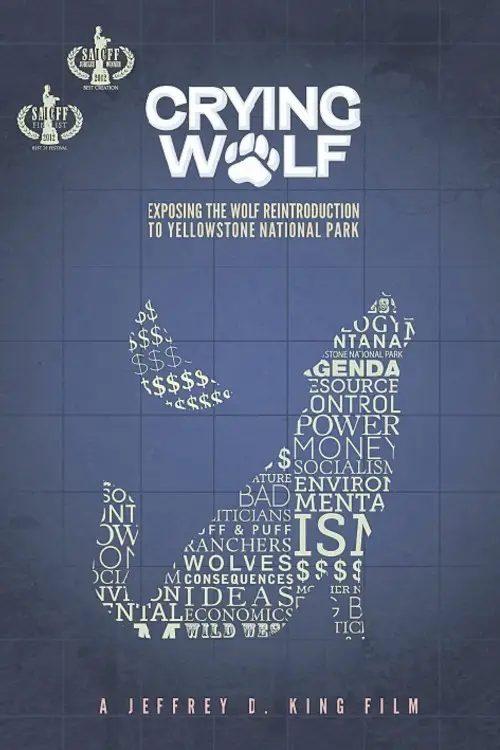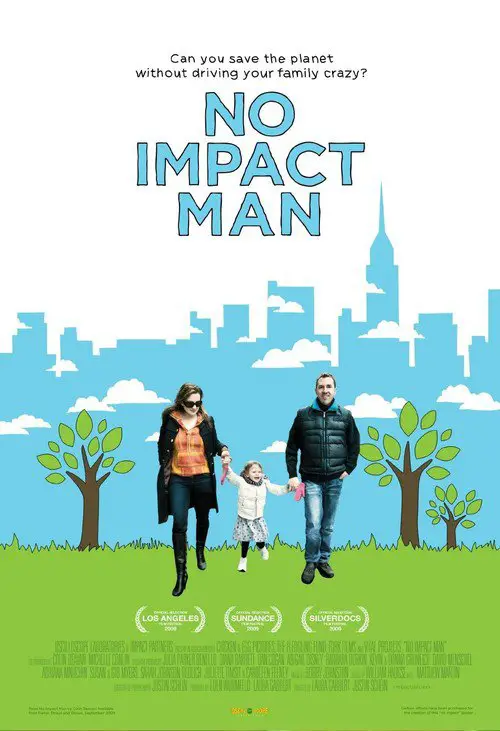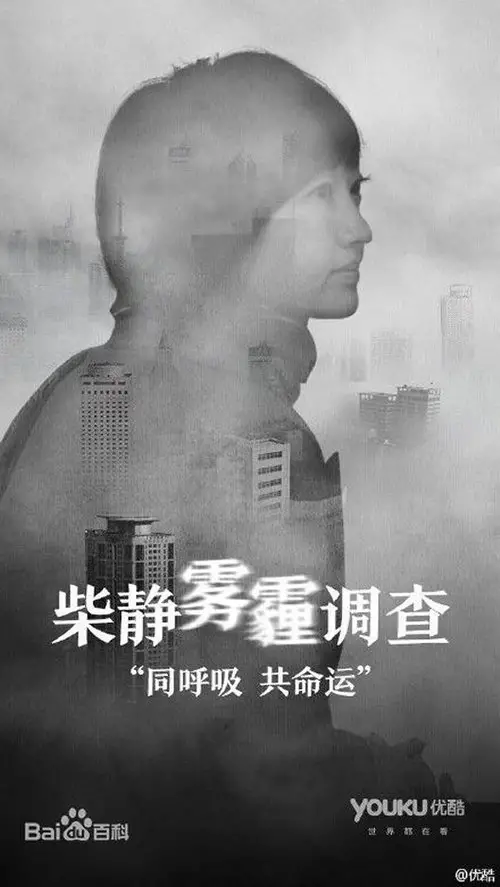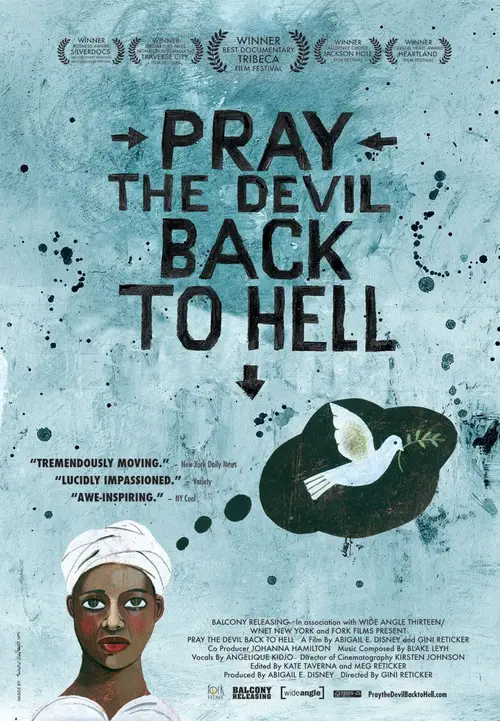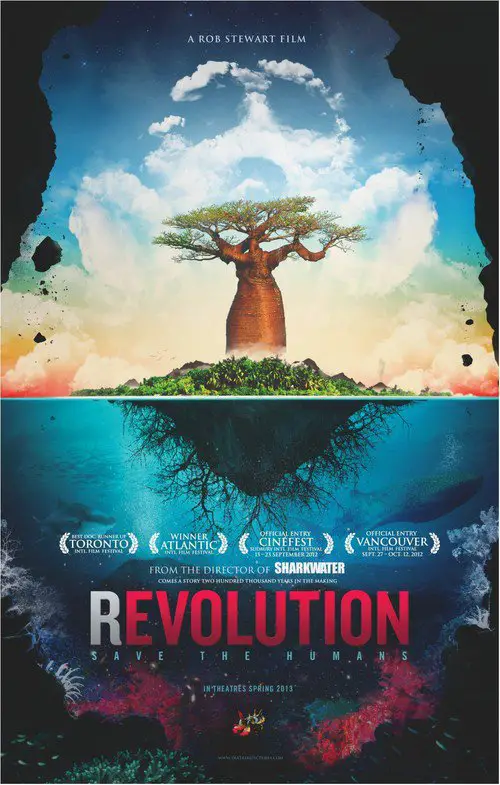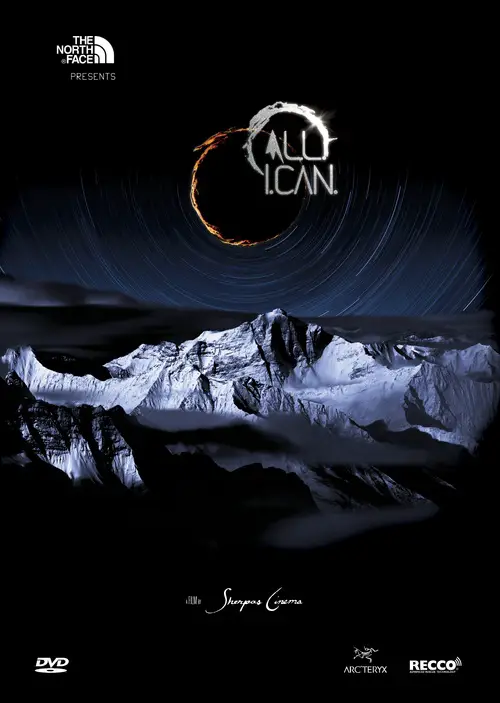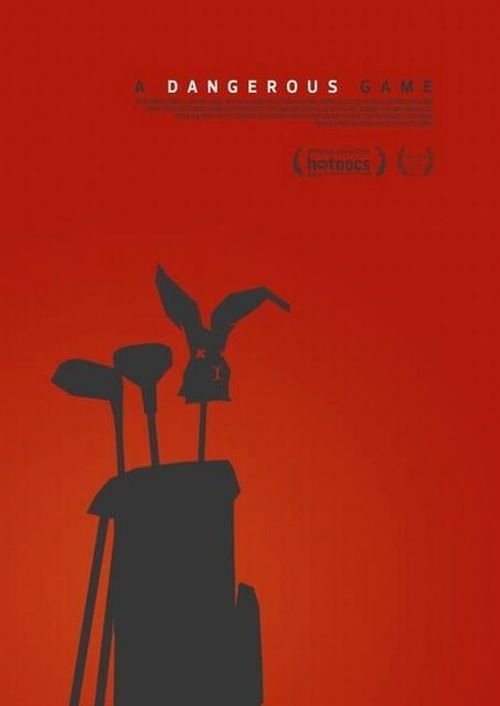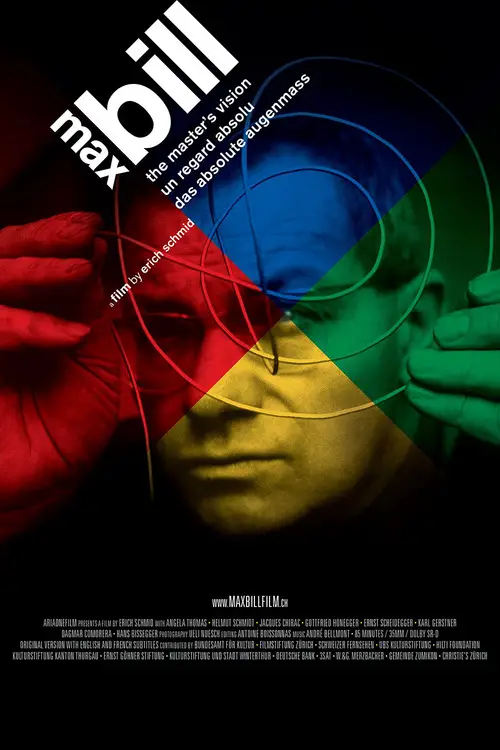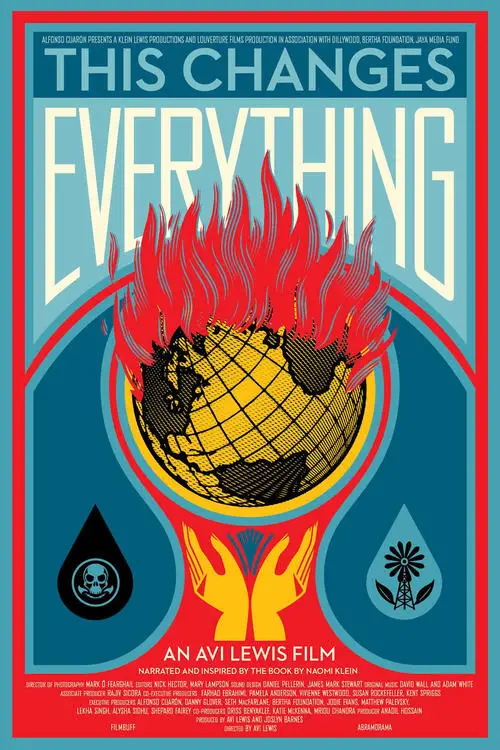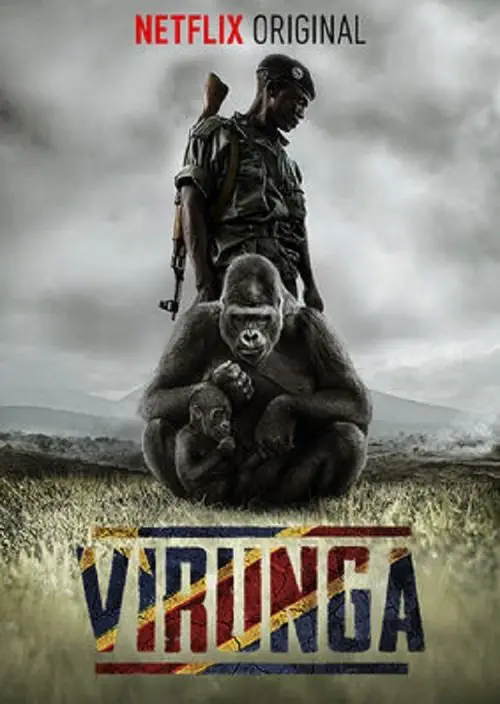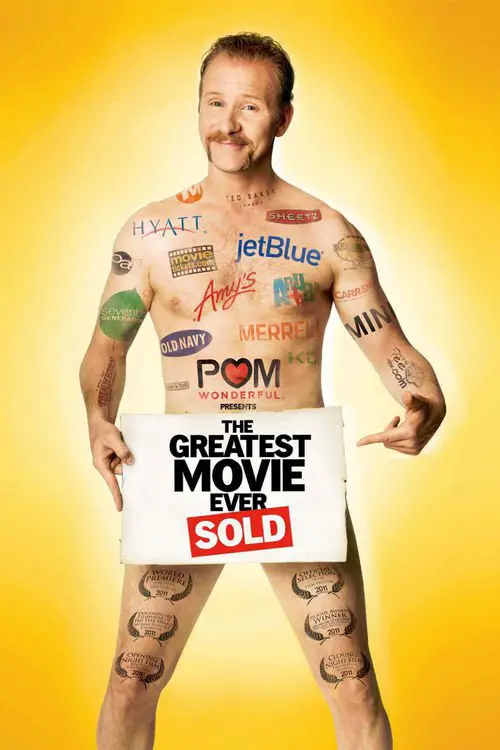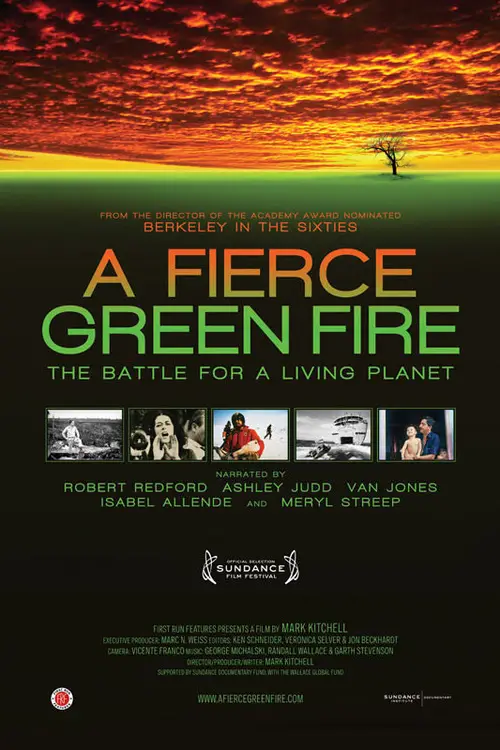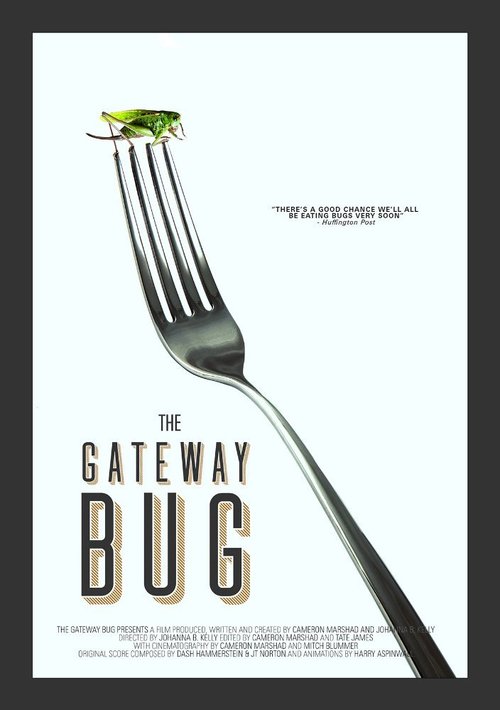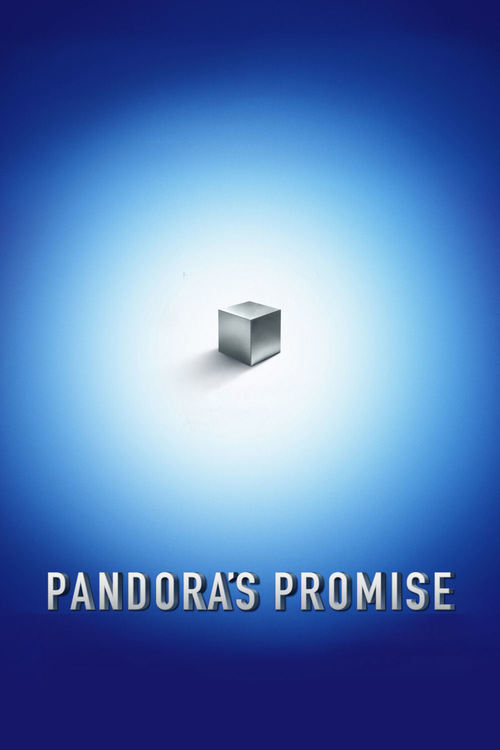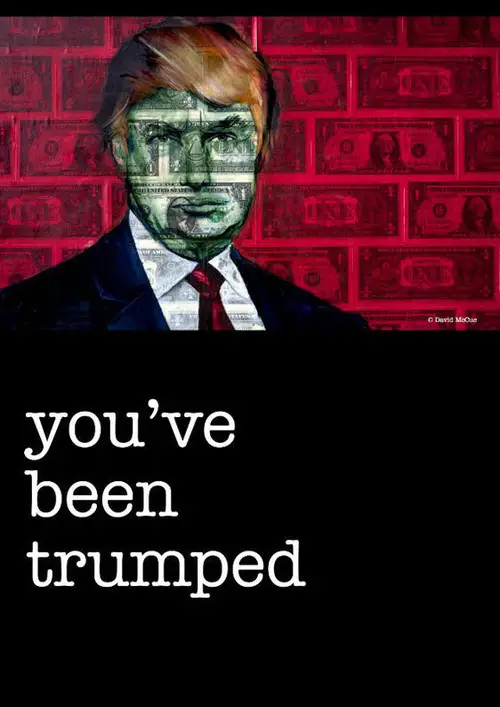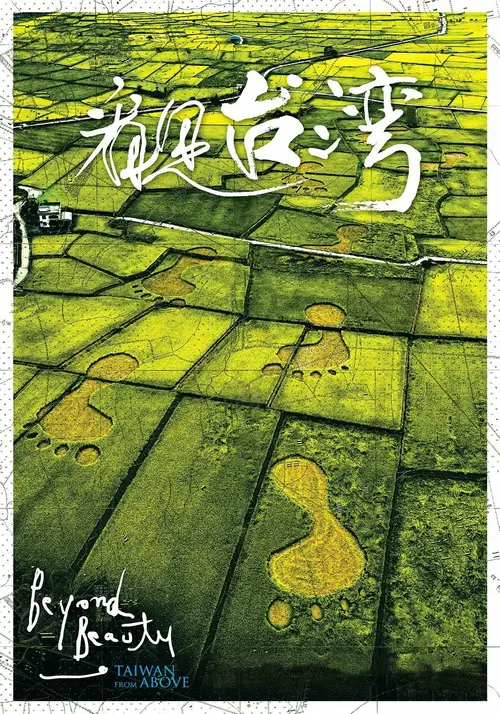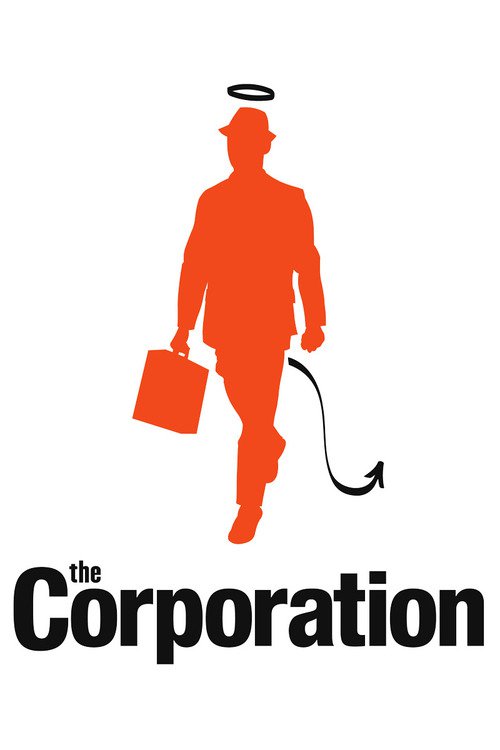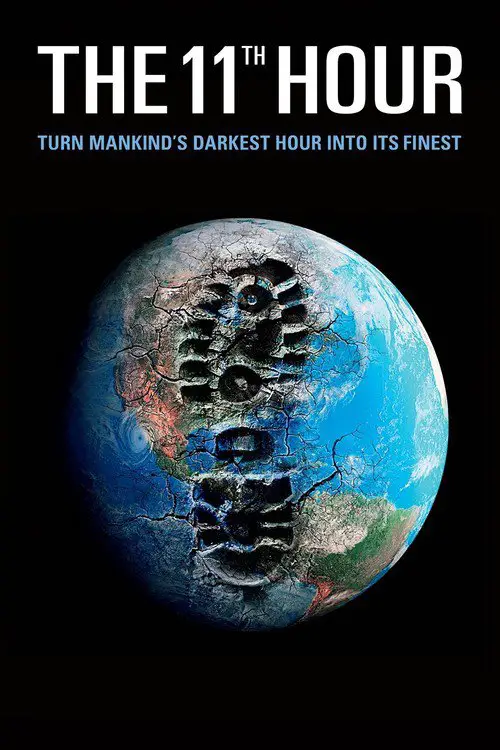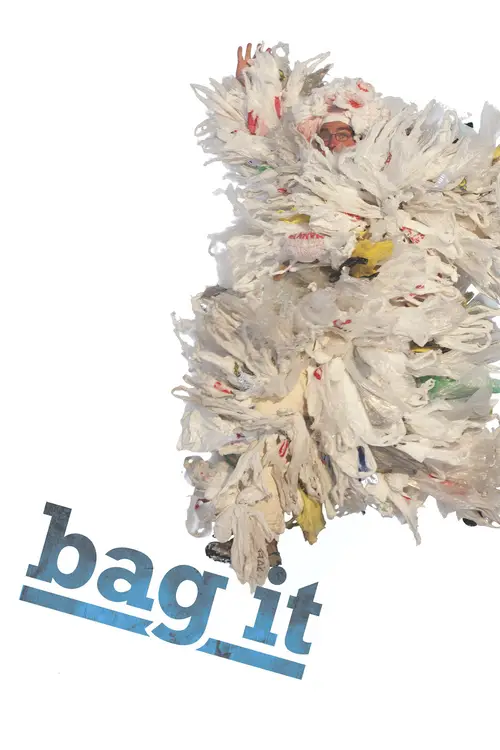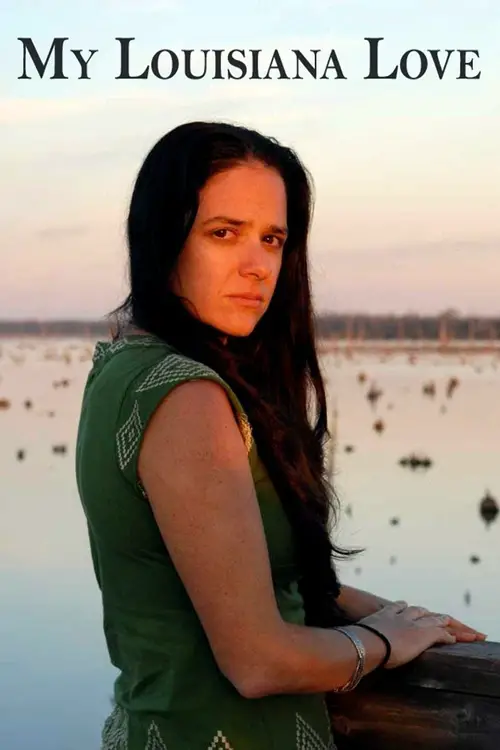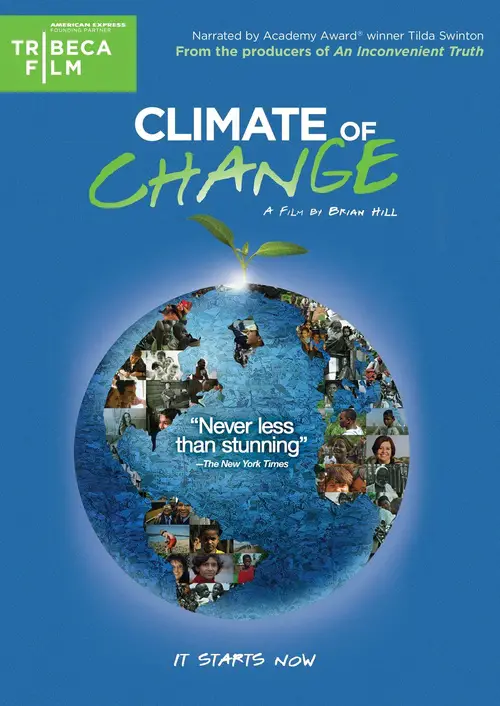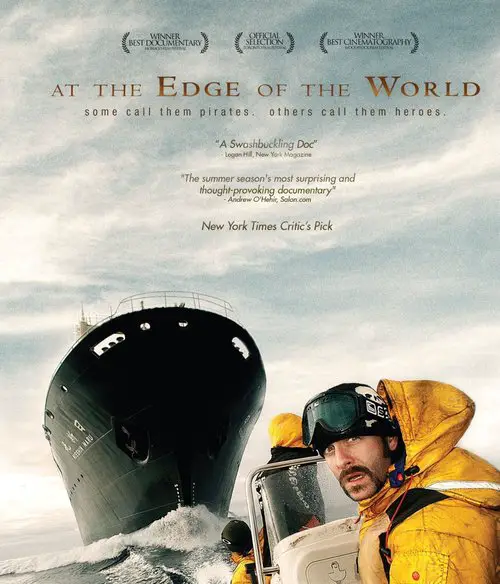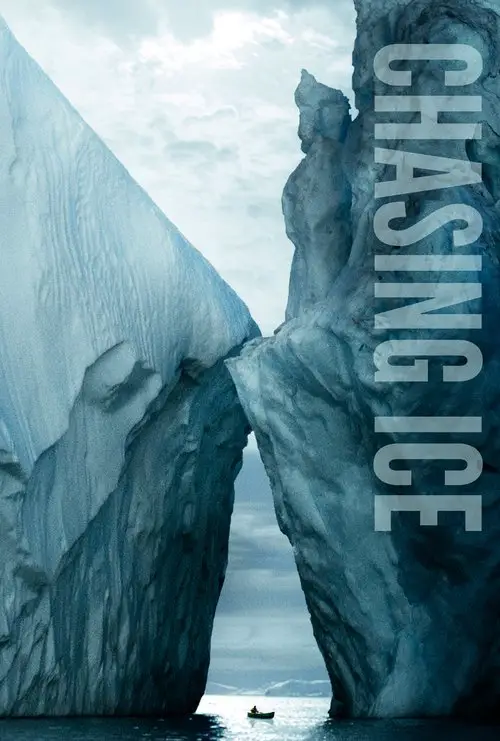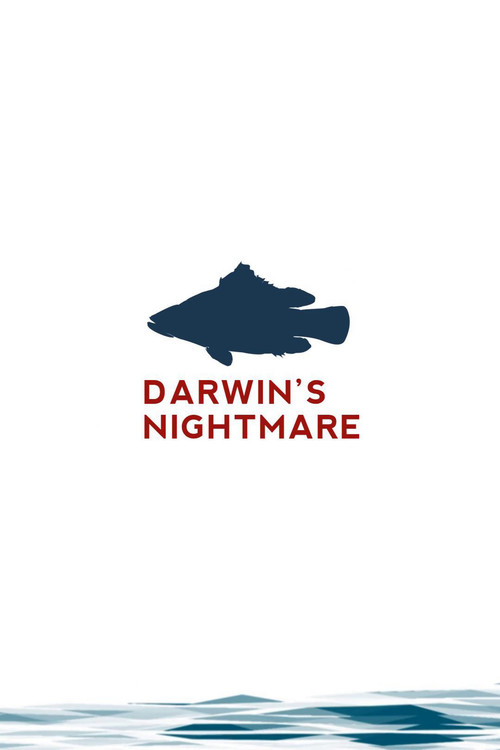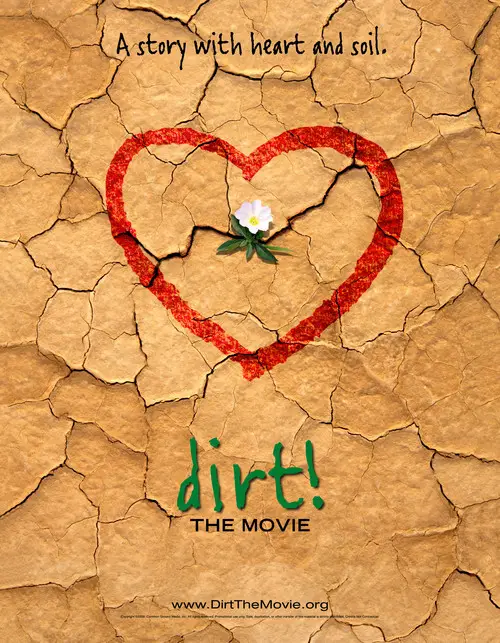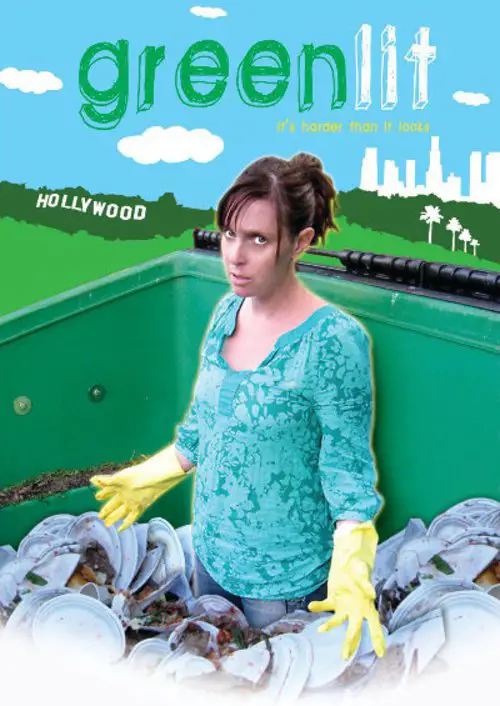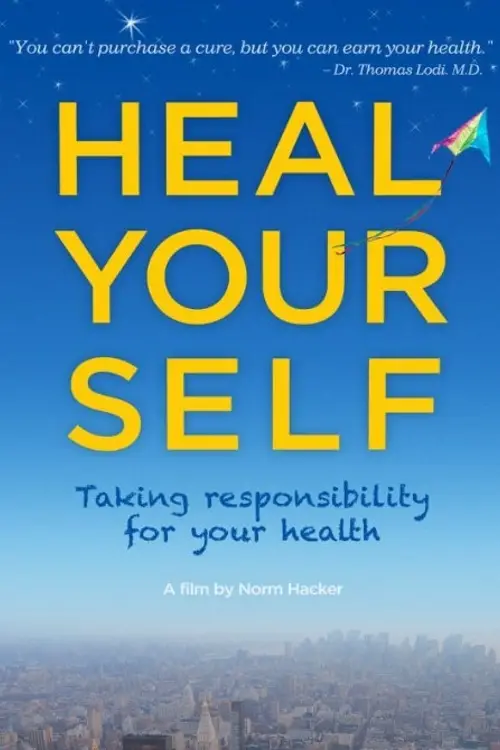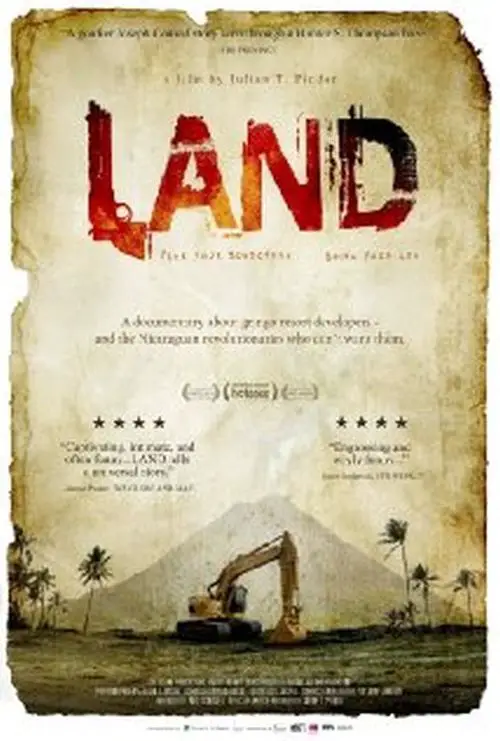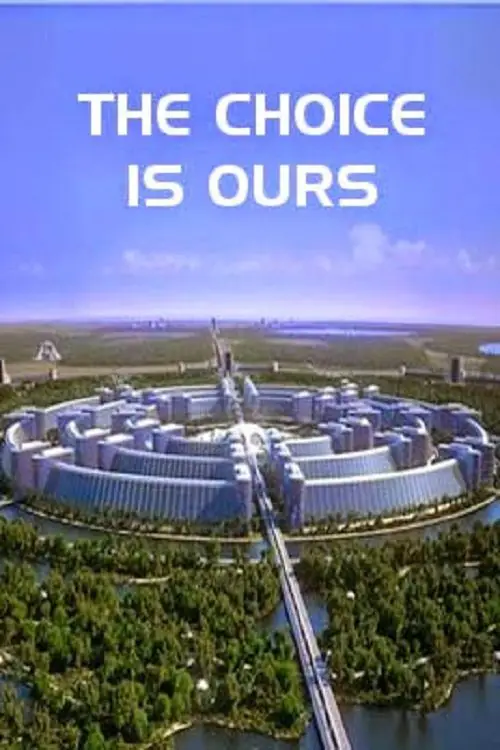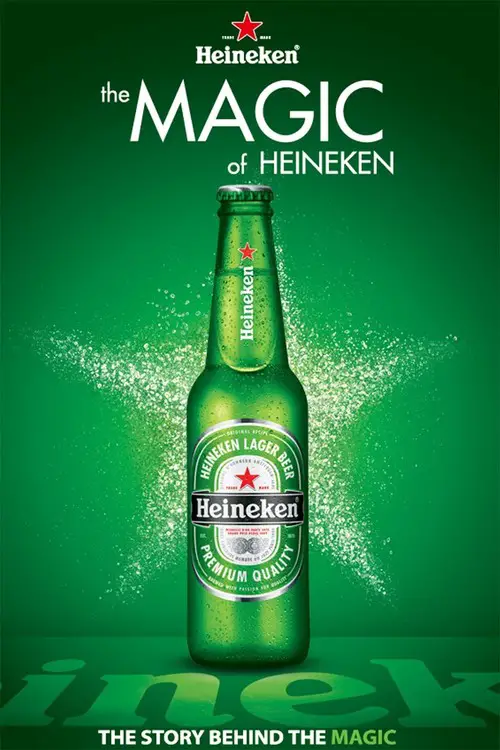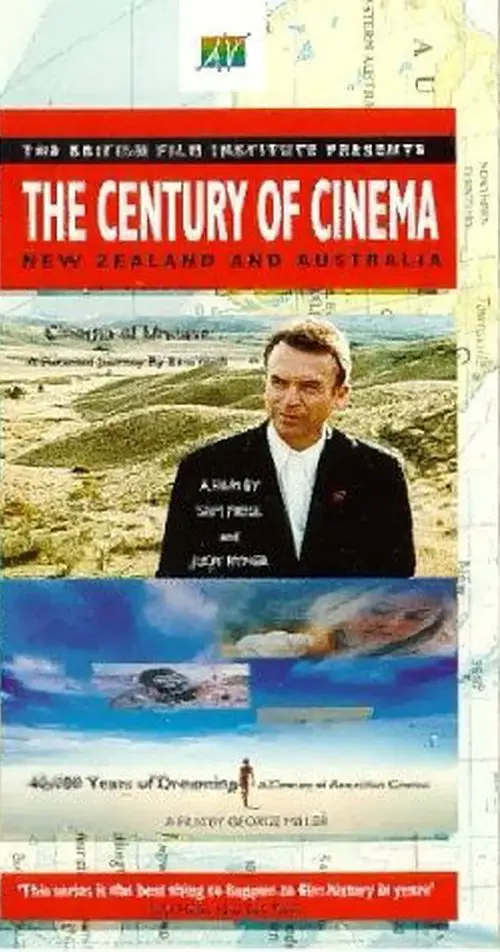Frackman (2015)
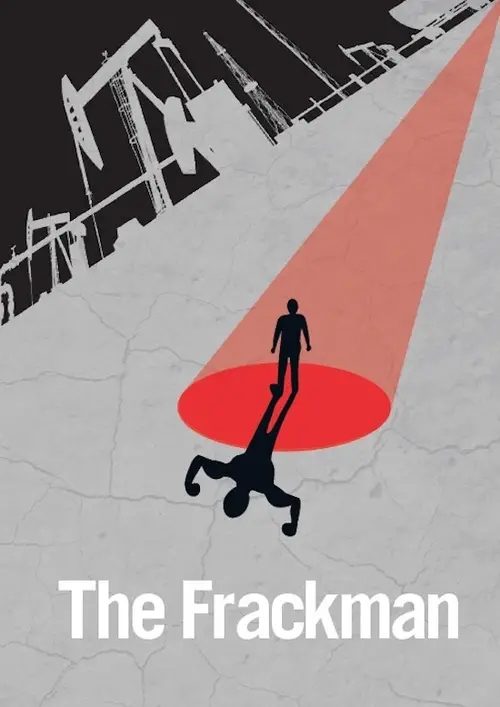
Similar movies
Mother, the film, breaks a 40-year taboo by bringing to light an issue that silently fuels our largest environmental, humanitarian and social crises - population growth. Since the 1960s the world population has nearly doubled, adding more than 3 billion people. At the same time, talking about population has become politically incorrect because of the sensitivity of the issues surrounding the topic- religion, economics, family planning and gender inequality. The film illustrates both the over consumption and the inequity side of the population issue by following Beth, a mother, a child-rights activist and the last sibling of a large American family of twelve, as she discovers the thorny complexities of the population dilemma and highlights a different path to solve it.
In the valleys of Appalachia, a battle is being fought over a mountain, the consequences of which affect every American; it's a battle that has taken innocent lives and threatens to take more. It is a battle over protecting our health and environment from the destructive power of Big Coal. Mining and burning coal is at the epicenter of America's struggle to balance its energy needs with environmental and health concerns. Nowhere is that concern greater than in Coal River Valley, West Virginia, where a small but passionate group of ordinary citizens are trying to stop Big Coal corporations, like Massey Energy, from continuing the devastating practice of Mountain Top Removal.
Having faithfully served his South Melbourne parish for nearly four decades, the cantankerous, controversial Catholic provocateur affectionately called Father Bob is well known and loved, as much for his incorrigible media savvy and battles with Church hierarchy as for his staunch advocacy on behalf of the disadvantaged and disenfranchised. In Bob We Trust goes behind the scenes with Bob, documenting his everyday trials during one of the most turbulent times in his career: his forced retirement and eviction from the church he called home for 38 years.
A revolutionary film about the cinematic genius of North Korea's late Dear Leader Kim Jung-IL, with a groundbreaking experiment at its heart - a propaganda film, made according to the rules of his 1987 manifesto. Through the shared love of cinema, AIM HIGH IN CREATION! forges an astonishing new bond between the hidden filmmakers of North Korea and their Free World collaborators. Revealing an unexpected truth about the most isolated nation on earth: filmmakers, no matter where they live, are family.
Itâs simple math: we can burn less than 565 more gigatons of carbon dioxide and stay below 2°C of warming â anything more than that risks catastrophe for life on earth. The only problem? Fossil fuel corporations now have 2,795 gigatons in their reserves, five times the safe amount. And theyâre planning to burn it all â unless we rise up to stop them.
Laos: the most bombed country, per capita, on the planet. Australian bomb disposal specialist Laith Stevens has to train a new young "big bomb" team to deal with bombs left from the US "Secret War", but meanwhile, the local children are out hunting for bomb scrap metal. Vividly depicting the consequences of war with the incredible bravery of those trying to clear up the mess.
This year, over 5 million American kids will be bullied at school, online, on the bus, at home, through their cell phones and on the streets of their towns, making it the most common form of violence young people in this country experience. The Bully Project is the first feature documentary film to show how we've all been affected by bullying, whether we've been victims, perpetrators or stood silent witness. The world we inhabit as adults begins on the playground. The Bully Project opens on the first day of school. For the more than 5 million kids who'll be bullied this year in the United States, it's a day filled with more anxiety and foreboding than excitement. As the sun rises and school busses across the country overflow with backpacks, brass instruments and the rambunctious sounds of raging hormones, this is a ride into the unknown.
As Australian cinema broke through to international audiences in the 1970s through respected art house films like Peter Weir's "Picnic At Hanging Rock," a new underground of low-budget exploitation filmmakers were turning out considerably less highbrow fare. Documentary filmmaker Mark Hartley explores this unbridled era of sex and violence, complete with clips from some of the scene's most outrageous flicks and interviews with the renegade filmmakers themselves.
Humanityâs ascent is often measured by the speed of progress. But what if progress is actually spiraling us downwards, towards collapse? Ronald Wright, whose best-seller, âA Short History Of Progressâ inspired âSurviving Progressâ, shows how past civilizations were destroyed by âprogress trapsââalluring technologies and belief systems that serve immediate needs, but ransom the future. As pressure on the worldâs resources accelerates and financial elites bankrupt nations, can our globally-entwined civilization escape a final, catastrophic progress trap? With potent images and illuminating insights from thinkers who have probed our genes, our brains, and our social behaviour, this requiem to progress-as-usual also poses a challenge: to prove that making apes smarter isnât an evolutionary dead-end.
A documentary on Paul Watson, who takes the law into his own hands on the open seas, confronting, by any nonviolent means necessary, the hunters who indiscriminately slaughter whales, seals and sharks, along with complicit governments and environmental organizations. Written by Anonymous "Pirate for the Sea" is a biographical film of Captain Paul Watson, the youngest founding member of Greenpeace Canada. He organized early campaigns protesting the killing of seals, whales, and dolphins. Greenpeace ejected him for being too much of an activist. Starting his own organization, the Sea Shepherd Conservation Society, he went on to sink illegal whaling ships, stopped Canadian seal hunts for ten years, permanently halted sealing in British Isles, killing of dolphins on Iki Island, Japan, etc. This documentary witnesses his latest campaigns and explores the personal and environmental history of this controversial marine conservationist. Written by R.C.
Documentary filmmaker Robert Kenner examines how mammoth corporations have taken over all aspects of the food chain in the United States, from the farms where our food is grown to the chain restaurants and supermarkets where it's sold. Narrated by author and activist Eric Schlosser, the film features interviews with average Americans about their dietary habits, commentary from food experts like Michael Pollan and unsettling footage shot inside large-scale animal processing plants.
"Go Further" explores the idea that the single individual is the key to large-scale transformational change. The film follows actor Woody Harrelson as he takes a small group of friends on a bio-fueled bus-ride down the Pacific Coast Highway. Their goal? To show the people they encounter that there are viable alternatives.
In 1995 and '96 the decision was made by the United States Fish and Wildlife Service to transplant wolves from their homeland in Canada and release them in Yellowstone National Park and central Idaho. The agency, along with many environmental and animal rights groups, praised the decision: it was almost as though they were triumphantly heralding the return of some unjustly banished royalty. But their real triumph was that, by elevating animal over man once again, they were given access to tens of millions of dollars and greater control over both private and public property. Putting wolves in Yellowstone was never about saving wolves or balancing ecosystems. There was another agenda. One they would not reveal to the American public, but would see through, no matter how far they had to bend the rules, no matter how much they had to steal, no matter how bad they had to lie, no matter the cost. And they did it. Whatâs done is done. And nobody has ever looked back since⦠â¦Until now.
Pray The Devil Back To Hell documents a peace movement called Women of Liberia Mass Action for Peace. Organized by social worker Leymah Gbowee, the movement started with praying and singing in a fish market. [2] Leymah Gbowee organized the Christian and Muslim women of Monrovia, Liberia to pray for peace and to organize nonviolence protests. Dressed in white to symbolize peace, and numbering in the thousands, the women became a political force against violence and against their government.
Revolution is a new movie from internationally-acclaimed filmmaker Rob Stewart. A follow-up to his award-winning documentary Sharkwater, this continues his remarkable journey of discovery to find out that what he thought was a shark problem is actually a people problem. As Stewart's battle to save sharks escalates, he uncovers grave dangers threatening not just sharks, but humanity. In an effort to uncover the truth and find the secret to saving our own species, Stewart embarks on a life-threatening adventure through 15 countries, over four years in the making. In the past four years the backdrop of ocean issues has changed completely. Saving sharks will be a pointless endeavor if we are losing everything else in the ocean, not just sharks. Burning fossil fuels is releasing carbon dioxide into the atmosphere; changing the oceans, changing atmospheric chemistry and altering our climate.
The time has come for a ski film that stands for something. Join us as we unite spectacular cinematography with creative cinematic language to fuse our passion for skiing with our potential to help the environment. In bringing the planet to life and drawing parallels between our daily existence, we find common ground between the global situation and the real individual. Epic natural cinematography, ground breaking skiing from Chile to Greenland, and an environmental engagement that creates an accessible identification point for the viewer, leaving them with an inspiring new perspective.
In this sequel to the award-winning Youâve Been Trumped, director Anthony Baxter once again follows American billionaire Donald Trump and a cast of other greedy characters who want to turn some of the Earthâs most precious places into golf courses and playgrounds for the super rich. From the historic site of Dubrovnik to the ancient sand dunes and rolling green hills of the seaside town of Balmedie, these tycoons bully local residents, influence governments, ignore local referendums and even meddle in national environmental policies to acquire their latest trophies. With in-depth interviews and Baxterâs expert storytelling, we learn just how devastating these golf courses can be to the surrounding countryside and water tables. In this funny, inspiring and at times heartbreaking David and Goliath story for the 21st century, the locals donât give in easily. But will their fight be enough to protect their land and traditional way of life?
The film about Max Bill (1908-1994) moves between the dynamic fields of art, aesthetics and politics. Max Bill was probably the most important swiss artist of the 20th century and the most famous student to come out of the legendary Bauhaus in Dessau. He was an ardent anti-fascist and all his avant-garde work as an artist, sculptor, architect and typographer showed a social responsibility and environmental awareness right through his life. His views have become incredibly topical.
Virunga in the Democratic Republic of the Congo is Africaâs oldest national park, a UNESCO world heritage site, and a contested ground among insurgencies seeking to topple the government that see untold profits in the land. Among this ongoing power struggle, Virunga also happens to be the last natural habitat for the critically endangered mountain gorilla. The only thing standing in the way of the forces closing in around the gorillas: a handful of passionate park rangers and journalists fighting to secure the parkâs borders and expose the corruption of its enemies. Filled with shocking footage, and anchored by the surprisingly deep and gentle characters of the gorillas themselves, Virunga is a galvanizing call to action around an ongoing political and environmental crisis in the Congo.
It is the largest movement the world has ever seen, it may also be the most important - in terms of what's at stake. Yet it's not east being green. Environmentalists have been reviled as much as revered, for being killjoys and Cassandras. Every battle begins as a lost cause and even the victories have to be fought for again and again. Still, environmentalism is one of the great social innovations of the twentieth century, and one of the keys to the twenty-first. It has arisen at a key juncture in history, when humans have come to rival nature as a power determining the fate of the earth.
The atomic bomb, the specter of a global nuclear holocaust, and disasters like Fukushima have made nuclear energy synonymous with the darkest nightmares of the modern world. But what if everyone has nuclear power wrong? What if people knew that there are reactors that are self-sustaining and fully controllable and ones that require no waste disposal? What if nuclear power is the only energy source that has the ability to stop climate change?
A look at the state of the global environment including visionary and practical solutions for restoring the planet's ecosystems. Featuring ongoing dialogues of experts from all over the world, including former Soviet Prime Minister Mikhail Gorbachev, renowned scientist Stephen Hawking, former head of the CIA R. James Woolse
An average guy makes a resolution to stop using plastic bags at the grocery store. Little does he know that this simple decision will change his life completely. He comes to the conclusion that our consumptive use of plastic has finally caught up to us, and looks at what we can do about it. Today. Right now.
My Louisiana Love follows a young Native American woman, Monique Verdin, as she returns to Southeast Louisiana to reunite with her Houma Indian family. But soon she sees that her peopleâs traditional way of life- fishing, trapping, and hunting these fragile wetlandsâ is threatened by a cycle of man-made environmental crises. As Louisiana is devastated by Hurricane Katrina and Rita and then the BP oil leak, Monique finds herself turning to environmental activism. She documents her familyâs struggle to stay close to the land despite the cycle of disasters and the rapidly disappearing coastline. The film looks at the complex and uneven relationship between the oil industry and the indigenous community of the Mississippi Delta. In this intimate documentary portrait, Monique must overcome the loss of her house, her father, and her partner â and redefine the meaning of home. Her story is both unique and frighteningly familiar.
"We are the renters of this world, not its masters," reminds Pooshkar, a precocious 13-year-old member of a youth environmental defense group in India. He and his fellow voraciously energetic students actively rally against the use of plastics. In Africa, a renaissance man teaches citizens to harness solar power to cook food. In Papua New Guinea, villagers practice sustainable logging to save their rainforests. A woman in London uses her PR savvy to start a successful environmental communications firm. Self-described "hillbillies" in Appalachia battle the big business behind strip mining. In this rich and inspiring documentary, director Brian Hill takes us around the world to find the ordinary people taking action in the fight to save our environment.
At the Edge of the World chronicles the controversial Sea Shepherd Antarctic Campaign against a Japanese whaling fleet. The international volunteer crew, under-trained and under-equipped, develop a combination of bizarre and brilliant tactics with which to stop the whalers. But first they must find the Japanese ships, a far more difficult challenge than ever imagined - long-time activist Paul Watson and first-time captain Alex Cornelissen employ an array of strategies in the hopes of finding an elusive adversary in the vast expanse of the Ross Sea. With one ship (the Farley Mowat) too slow to chase down the whaling fleet, with their second ship (the Robert Hunter) unsuited for Antarctic ice conditions and with no country supporting their efforts to enforce international law, the situation becomes increasingly desperate. Against all odds, however, a real-life pirate tale unfolds - a modern-day "David vs. Goliath" adventure.
When National Geographic photographer James Balog asked, âHow can one take a picture of climate change?â his attention was immediately drawn to ice. Soon he was asked to do a cover story on glaciers that became the most popular and well-read piece in the magazine during the last five years. But for Balog, that story marked the beginning of a much larger and longer-term project that would reach epic proportions.
A look at man's relationship with Dirt. Dirt has given us food, shelter, fuel, medicine, ceramics, flowers, cosmetics and color --everything needed for our survival. For most of the last ten thousand years we humans understood our intimate bond with dirt and the rest of nature. We took care of the soils that took care of us. But, over time, we lost that connection. We turned dirt into something "dirty." In doing so, we transform the skin of the earth into a hellish and dangerous landscape for all life on earth. A millennial shift in consciousness about the environment offers a beacon of hope - and practical solutions.
Heal Your Self speaks to some of the greatest authorities on health today. They speak directly to the viewer, breaking down the major steps that affect your health. Topics include: food and nutrition, emotional and environmental stresses, the power of the mind, self-education, meditation, love - plus, practical steps you can take to start to restore your health. This is wall-to-wall information, that doesn't sidestep the critical issues that are necessary for you to address, to maintain or regain your health.
American resort developers bear down on the wild west coast of Nicaragua, hoping to build the next tourist paradise. With lax labour and environmental regulations, some of the developers take full advantage of the situation, and the local fishermen start accusing them of exploitation and land thievery. Unexpectedly, in the midst of this conflict, firebrand Daniel Ortega and the Sandinistas sweep back into government, boldly empowering the local fishermen. The tables turn viciously on the American developers, who get much more than they bargained for. But when the local fishermen, corrupted by new found power, begin acting in the same manner as the American developers, questions are posed about human nature, morality, and ethics on a much larger scale.
This film series explores many aspects of our society. To rethink what is possible in our world, we need to consider what kind of world we want to live in. Although we refer to it as civilization, it is anything but civilized. Visions of global unity & fellowship have long inspired humanity, yet the social arrangements up to the present have largely failed to produce a peaceful and productive world. While we appear to be technically advanced, our values and behaviors are not. The possibility of an optimistic future is in stark contrast to our current social, economic, and environmental dilemmas. The Choice Is Ours includes interviews with notable scientists, media professionals, authors, and other thinkers exploring the difficulties we face.
Take a captivating ride through nearly 150 years of entertaining history telling the story of the world's largest family controlled brewer. Meet Gerard Adriaan Heineken, who founded the first Heineken Brewery in 1864 and follow this extraordinary tale of pioneering adventure, relentless obsession for quality, persistent innovation, environmental sustainability, and celebrated sports and music events.
Australian born film maker George (Mad Max) Miller offers a personal view of Australian films. He suggests that they can be regarded as visual music, public dreaming, mythology, and song-lines. In extrapolating the idea of movies as song-lines he examines feature films under the following categories : songs of the land ; the bushman ; the convicts ; the bush-rangers ; mates and larrikins ; the digger ; pommy bashing ; the sheilas ; gays ; the wogs ; blackfellas ; urban subversion. He then concludes that these films can be thought of as "Hymns that sing of Australia
© Valossa 2015–2026
| Privacy Policy
